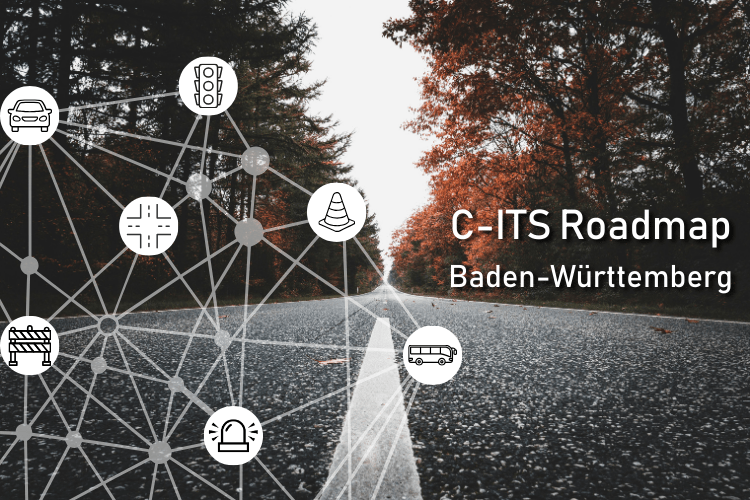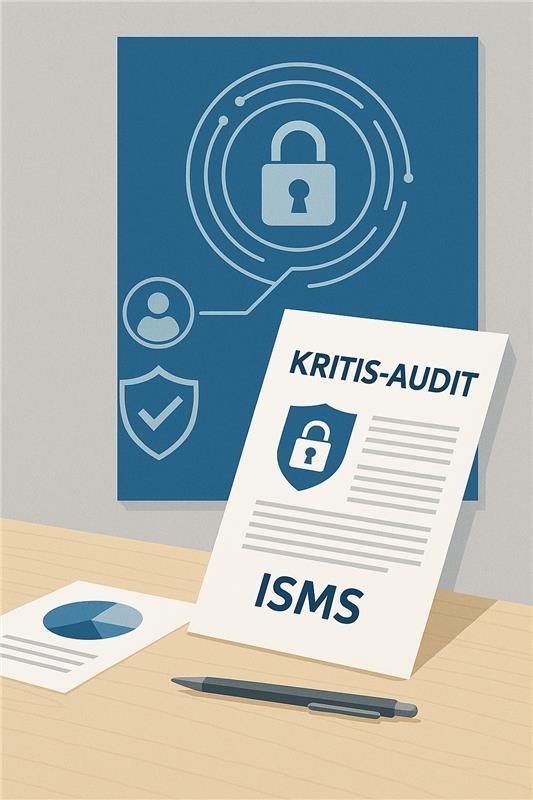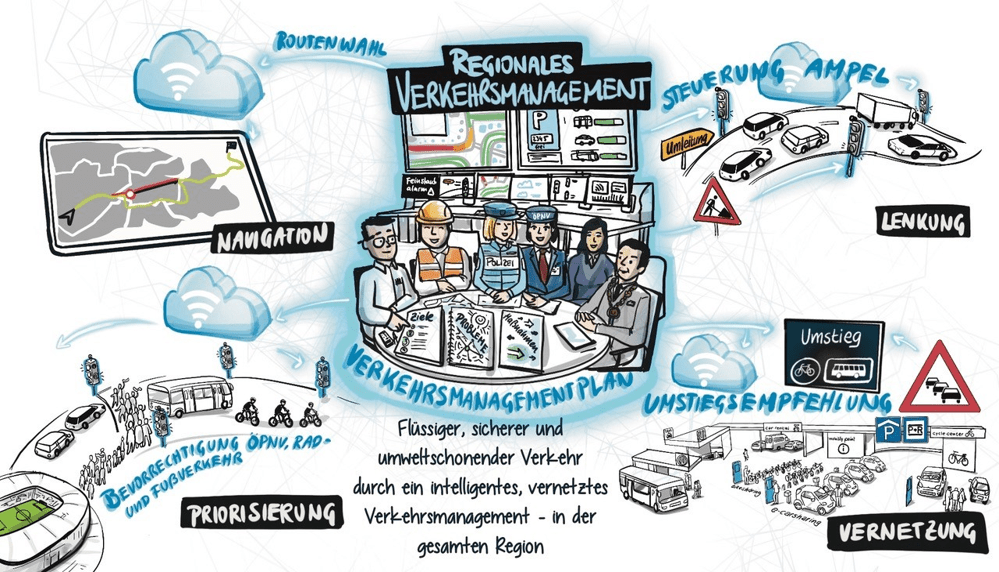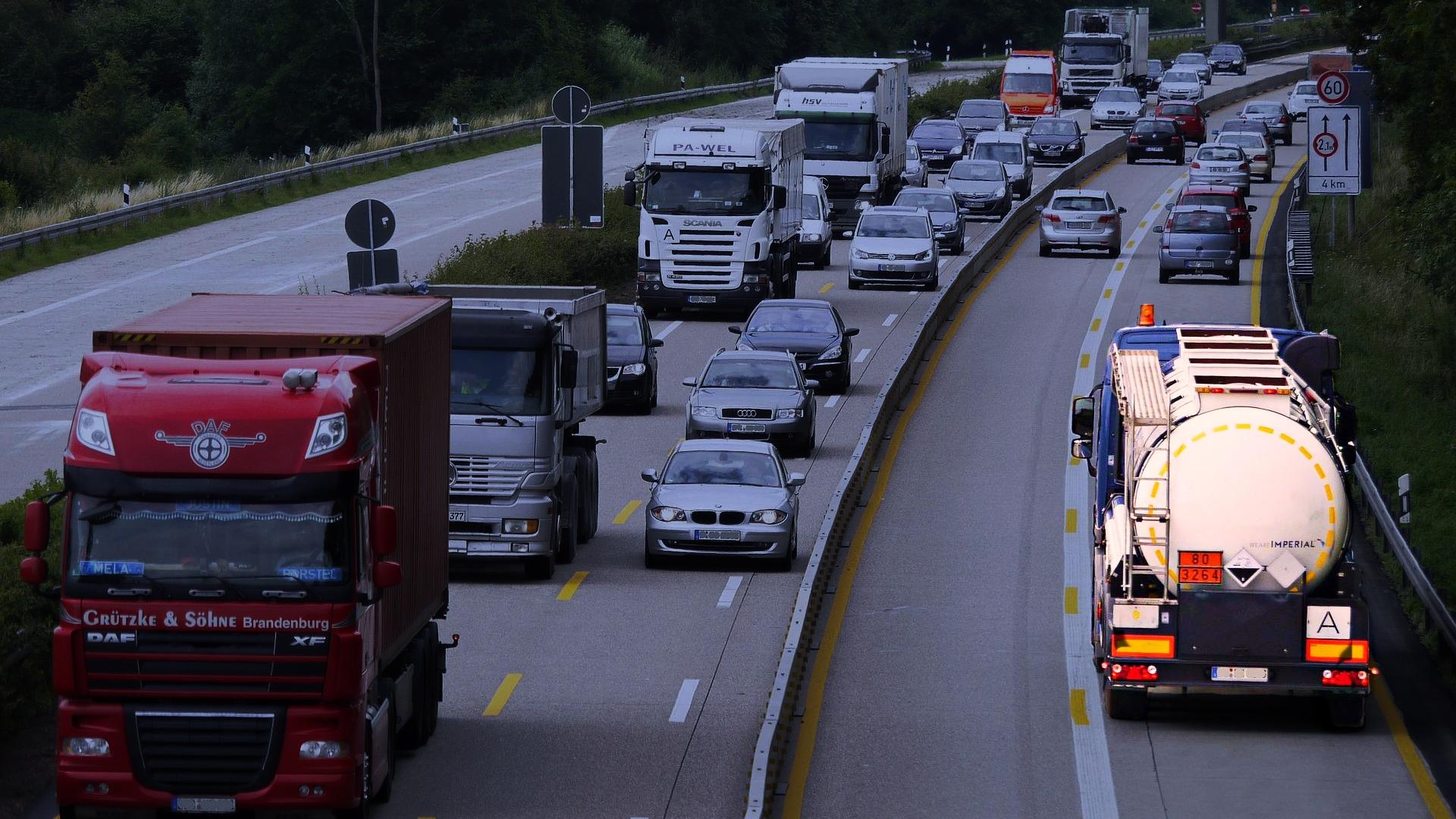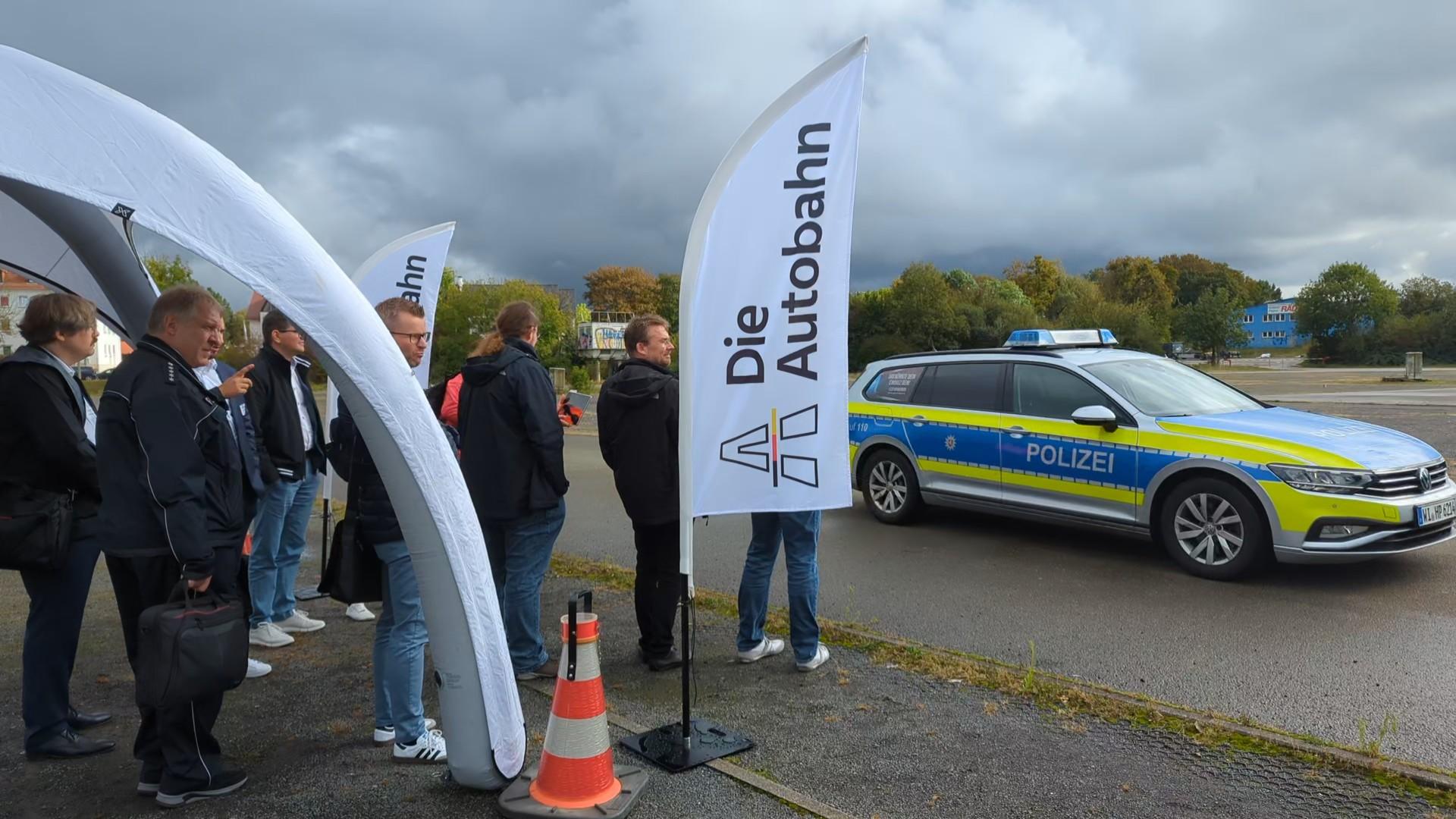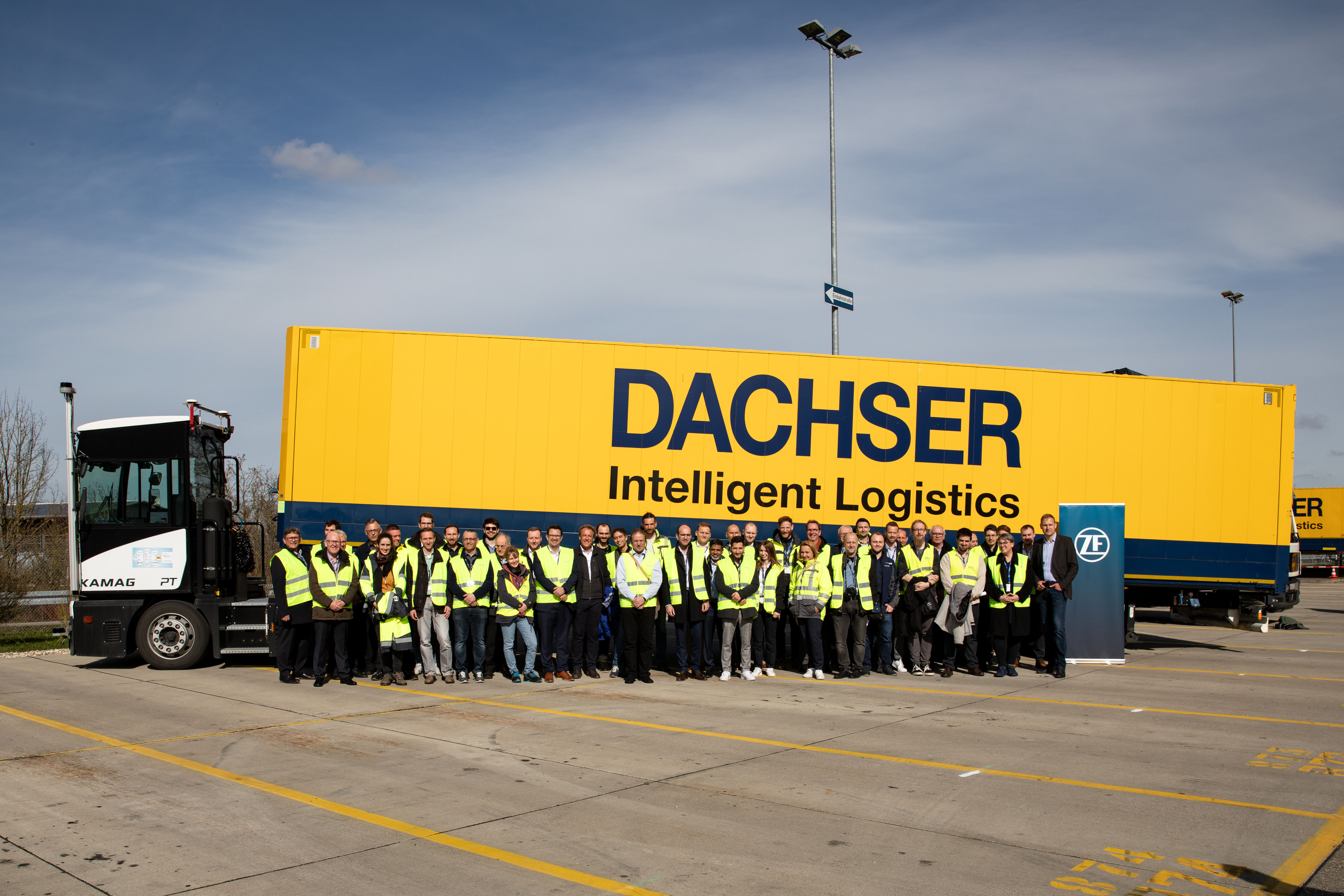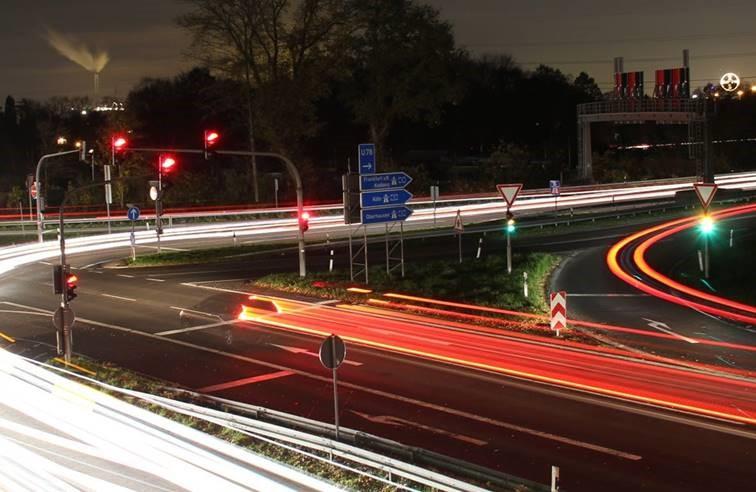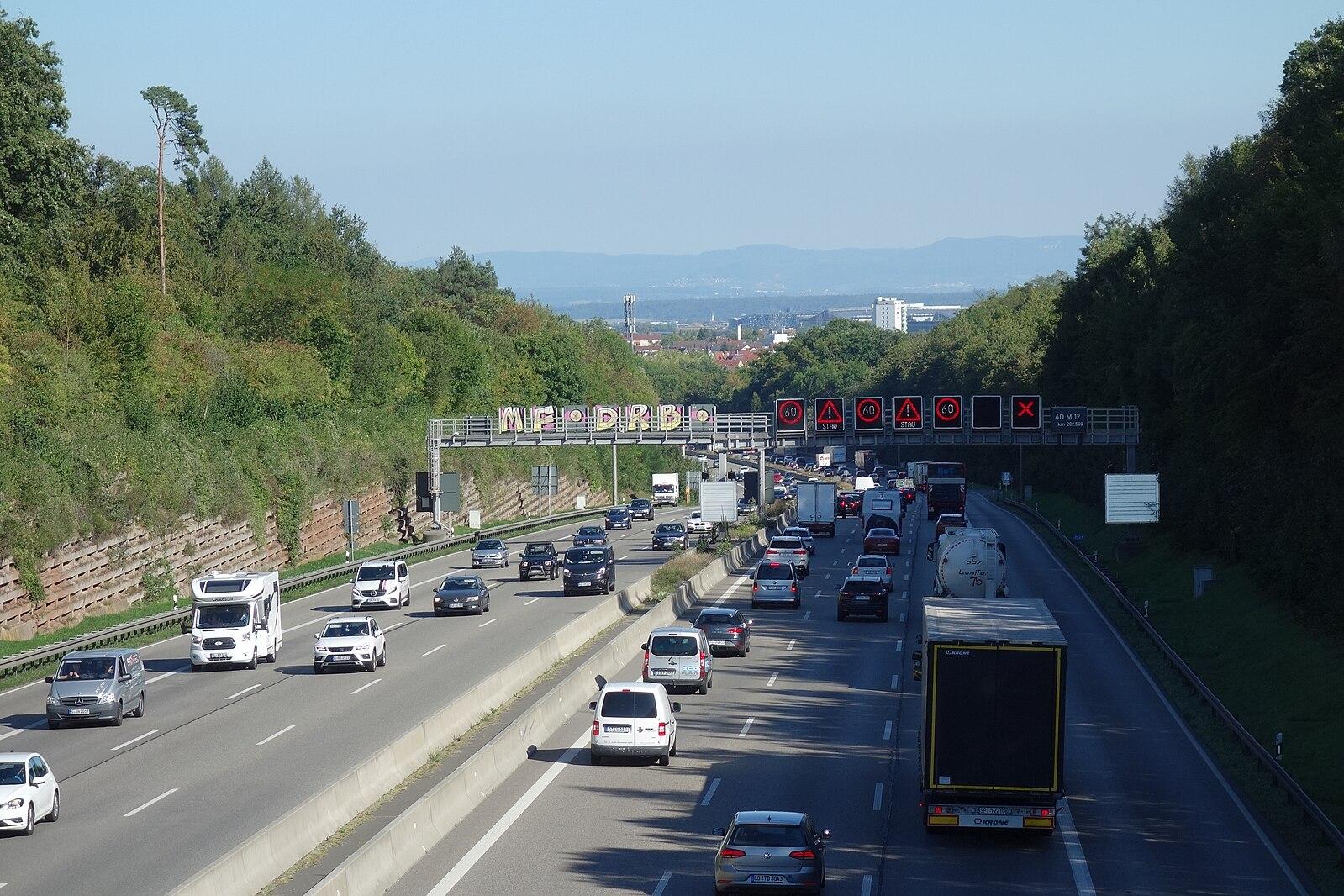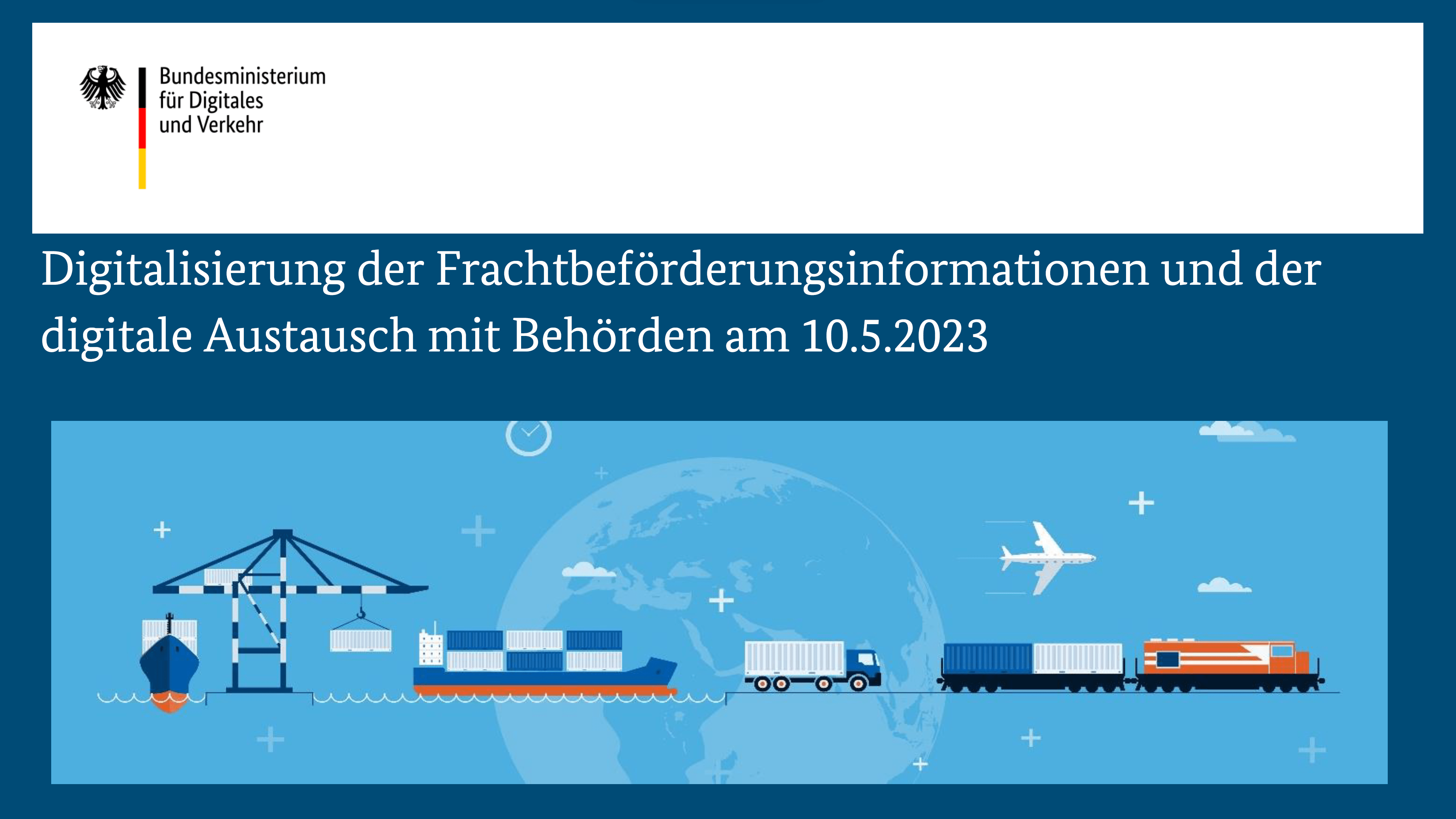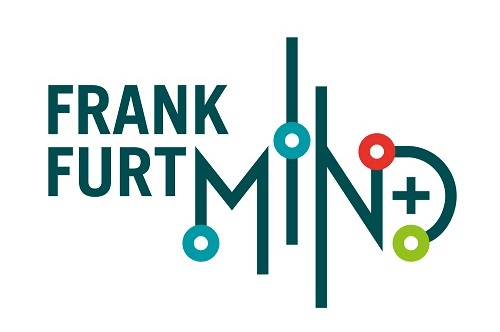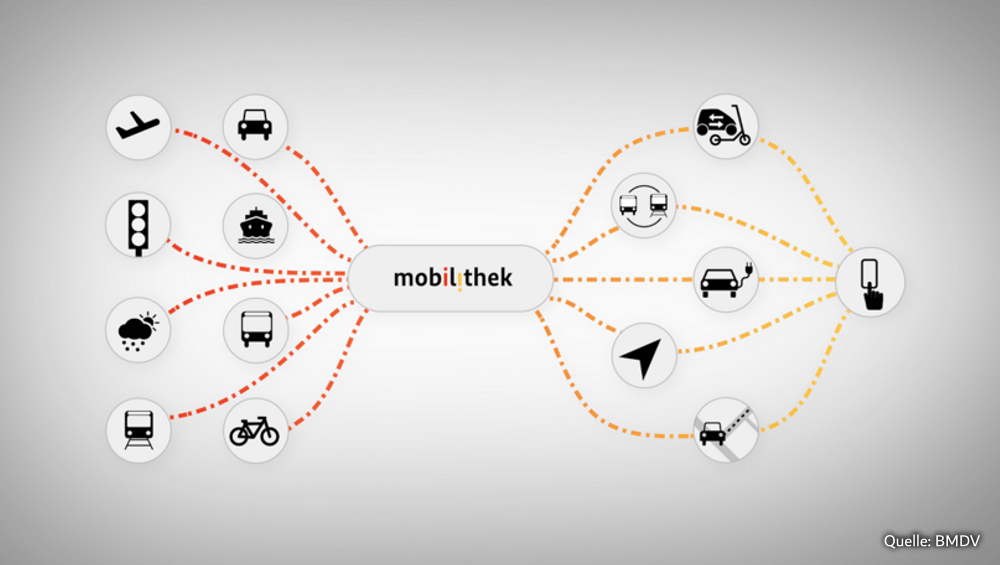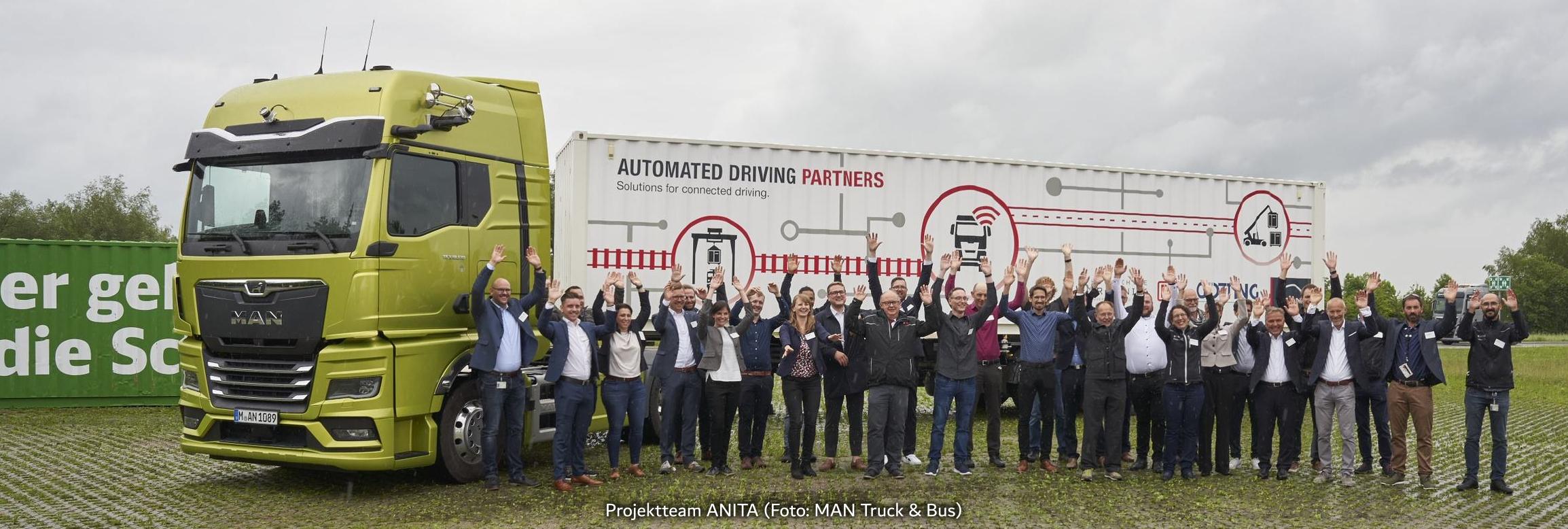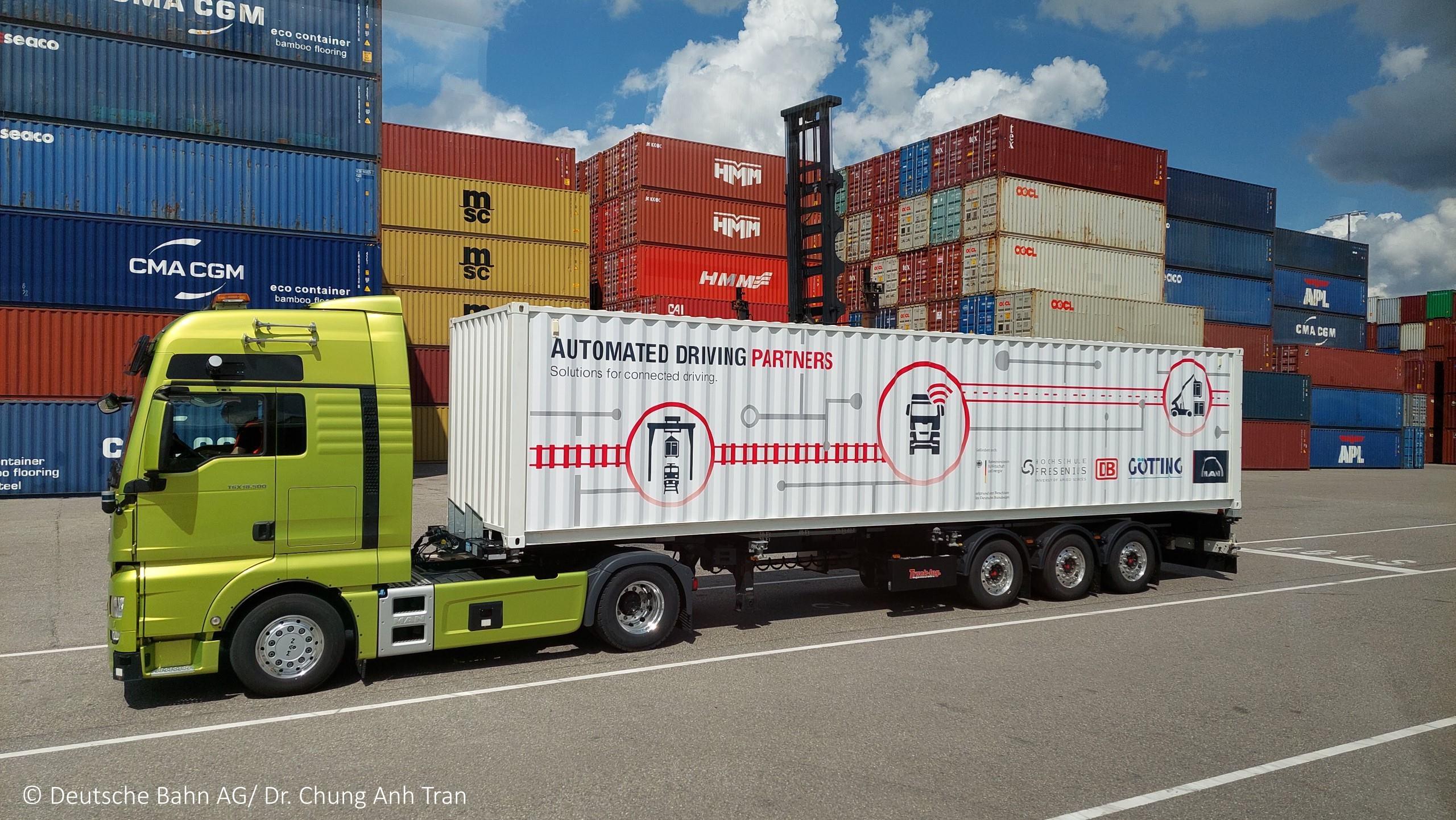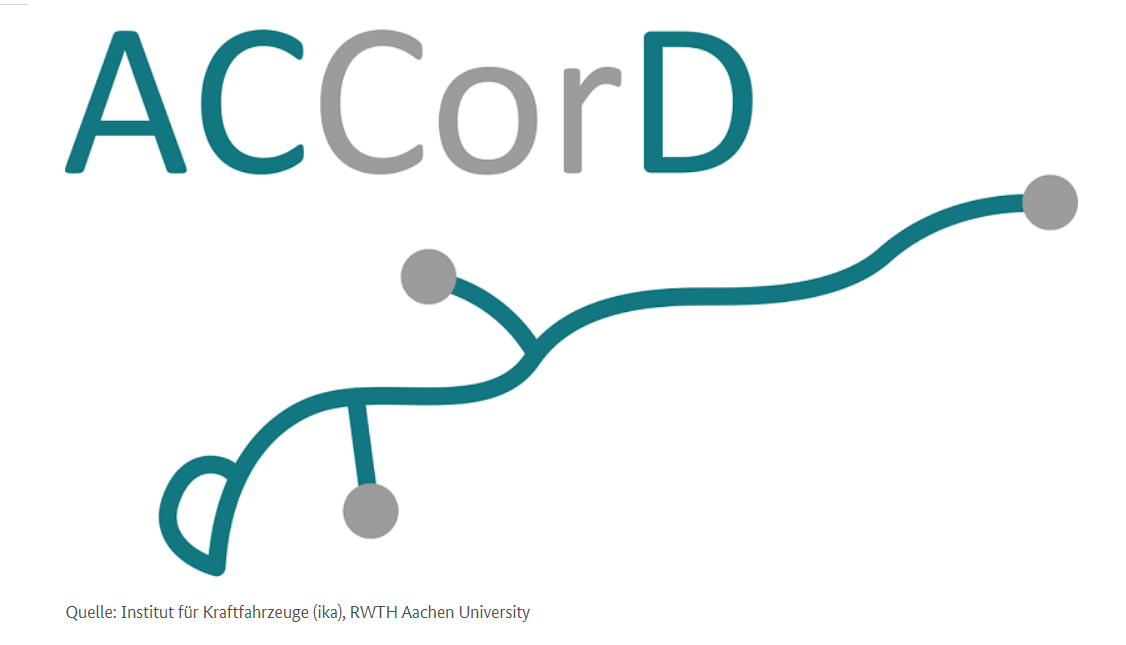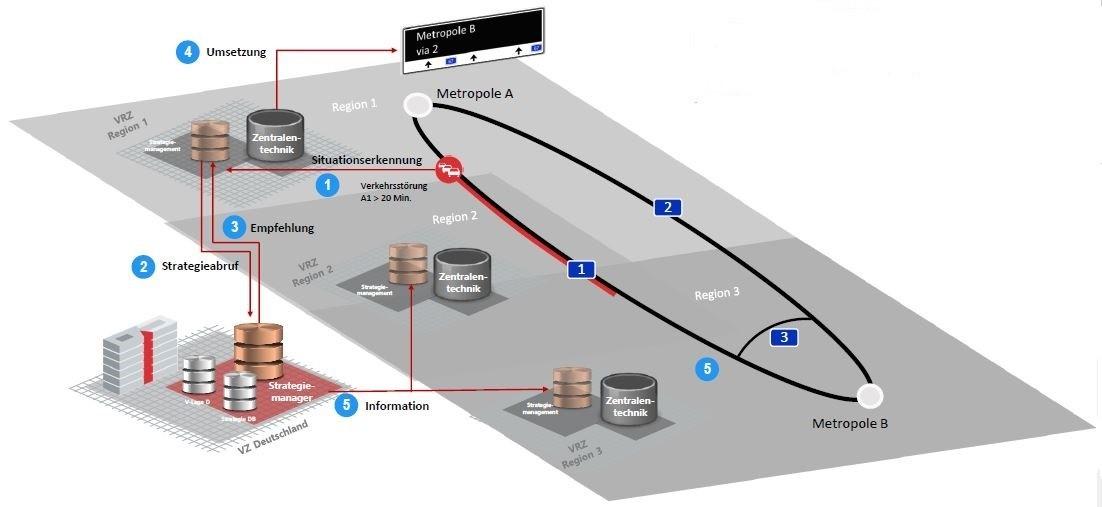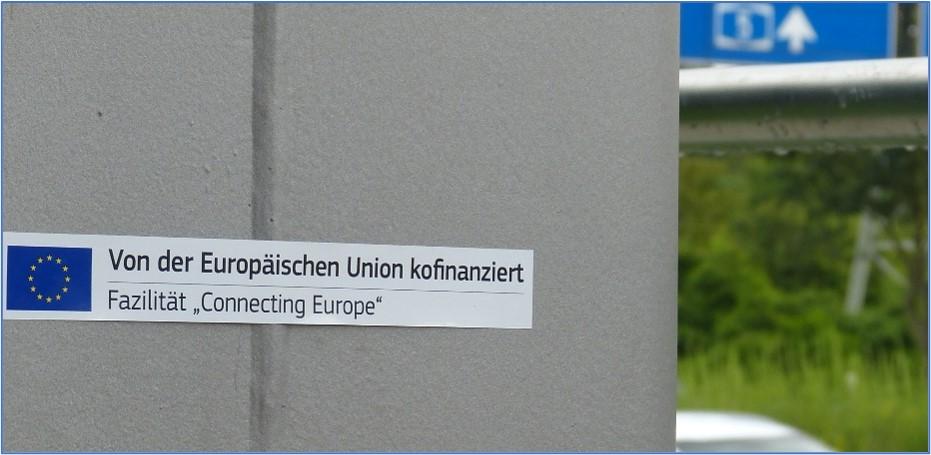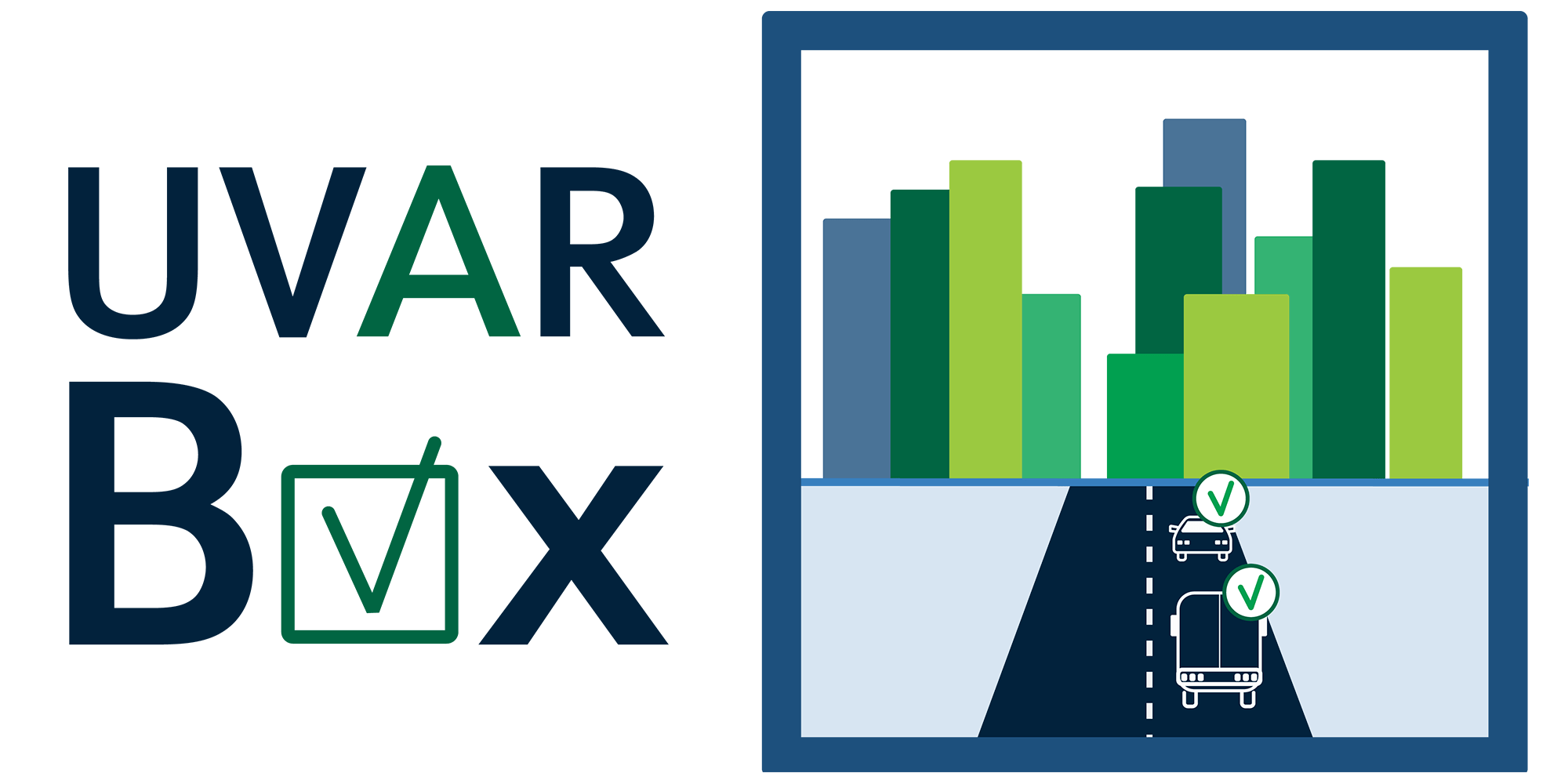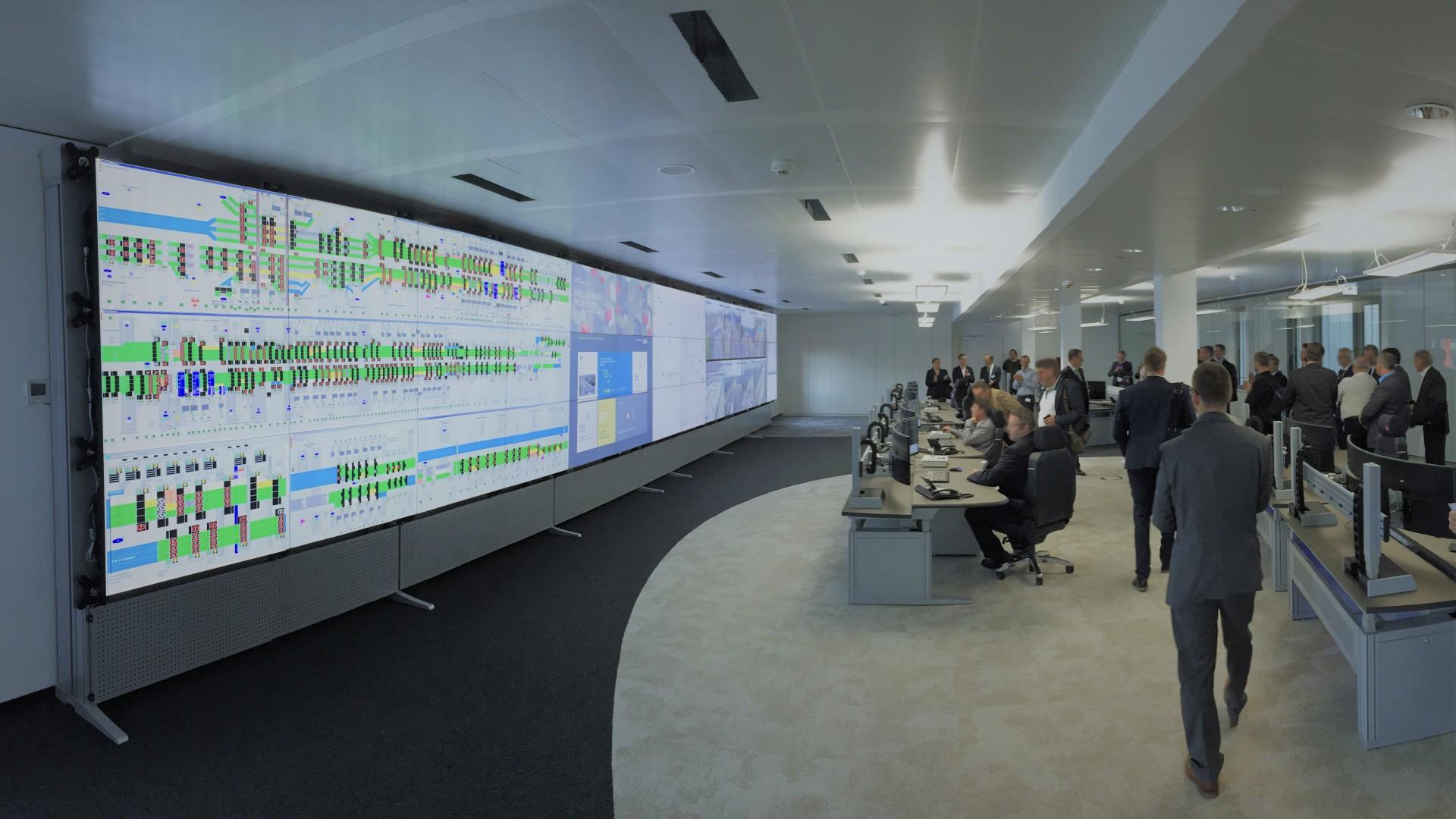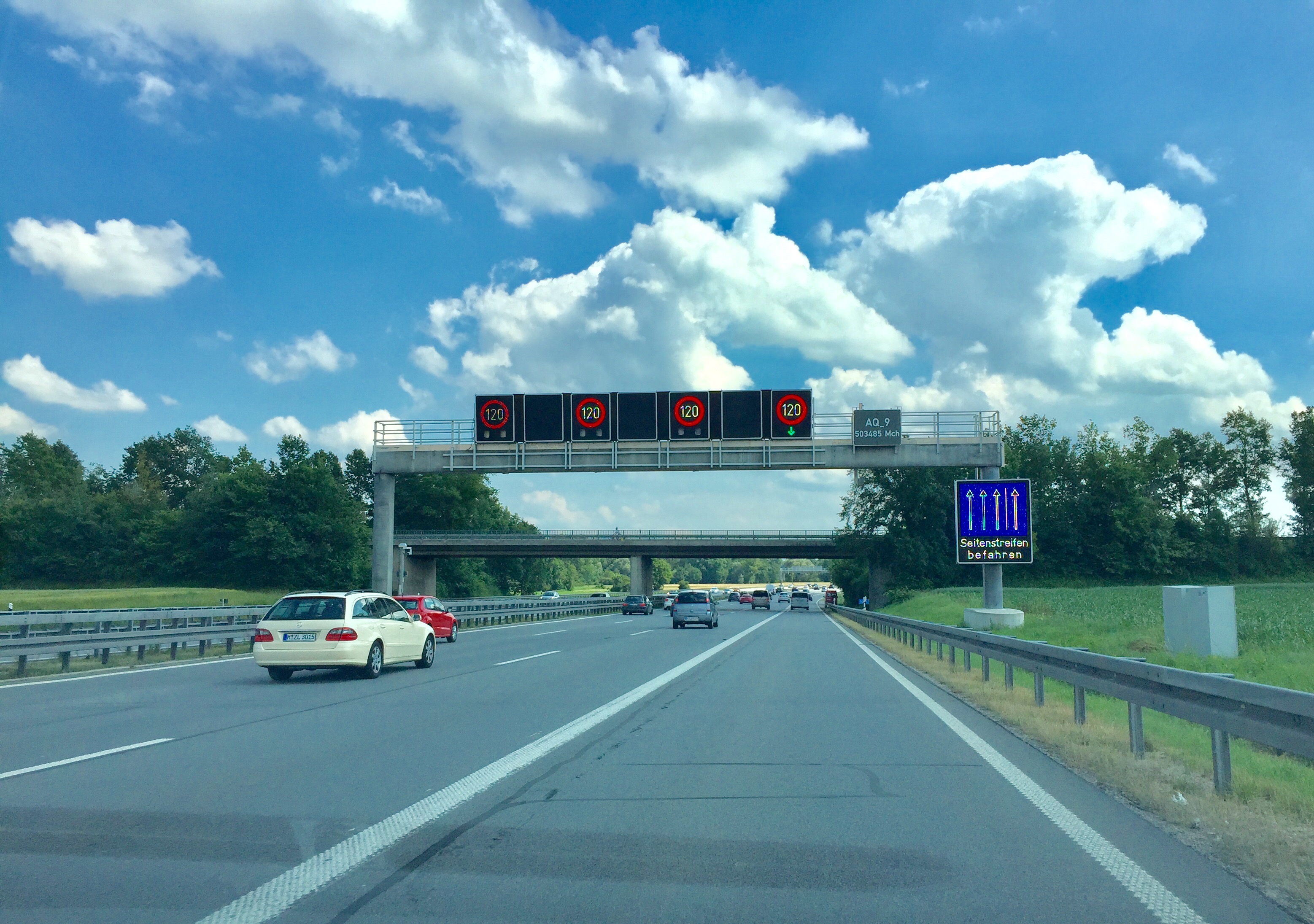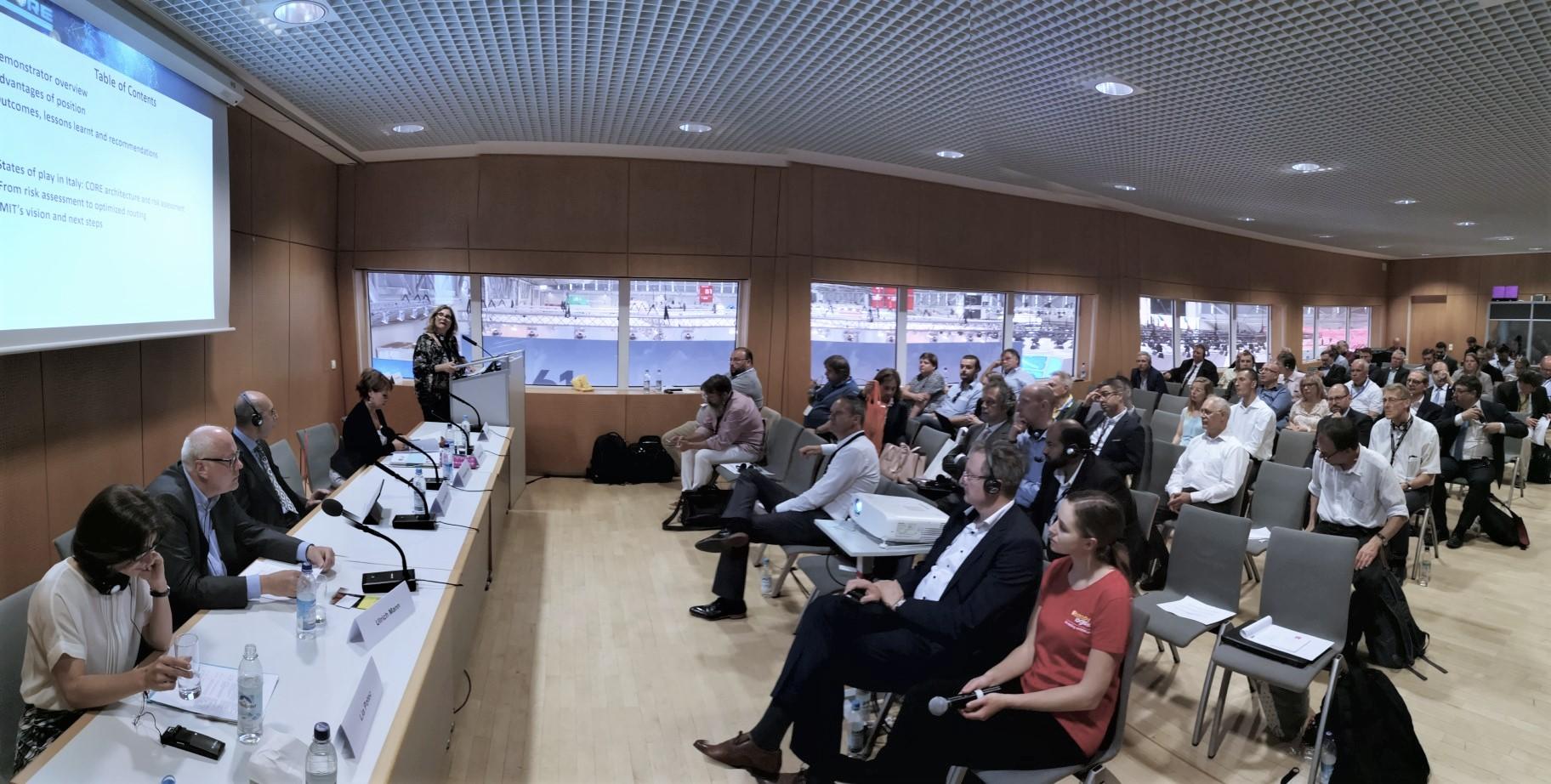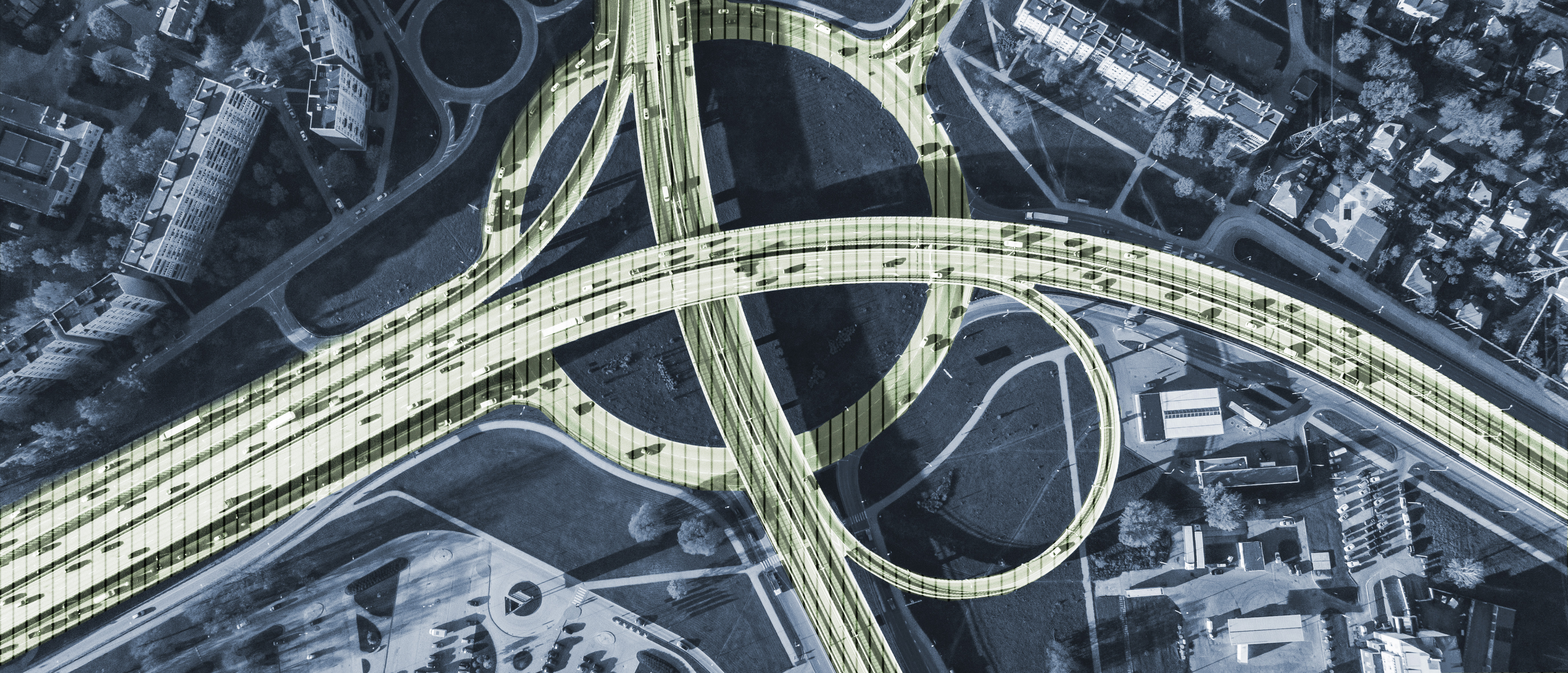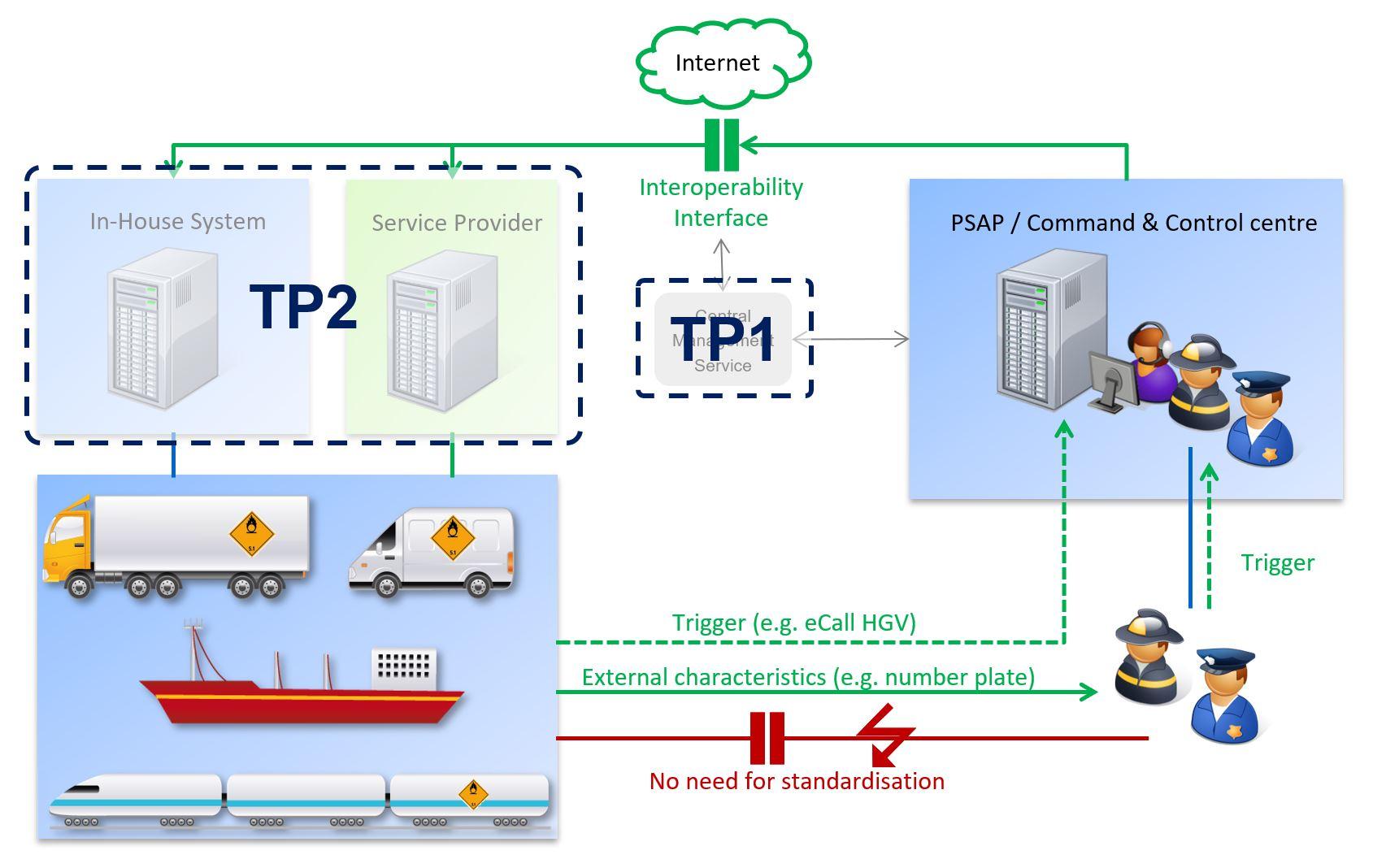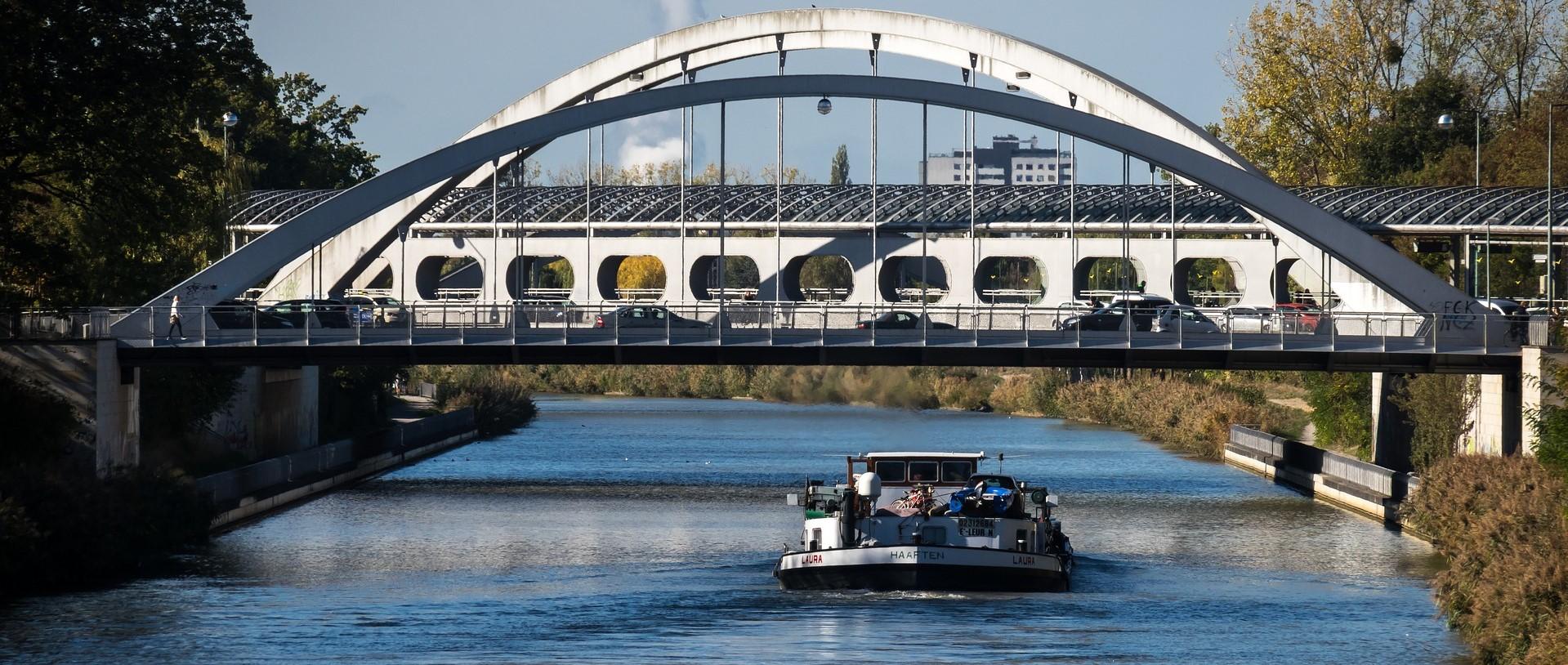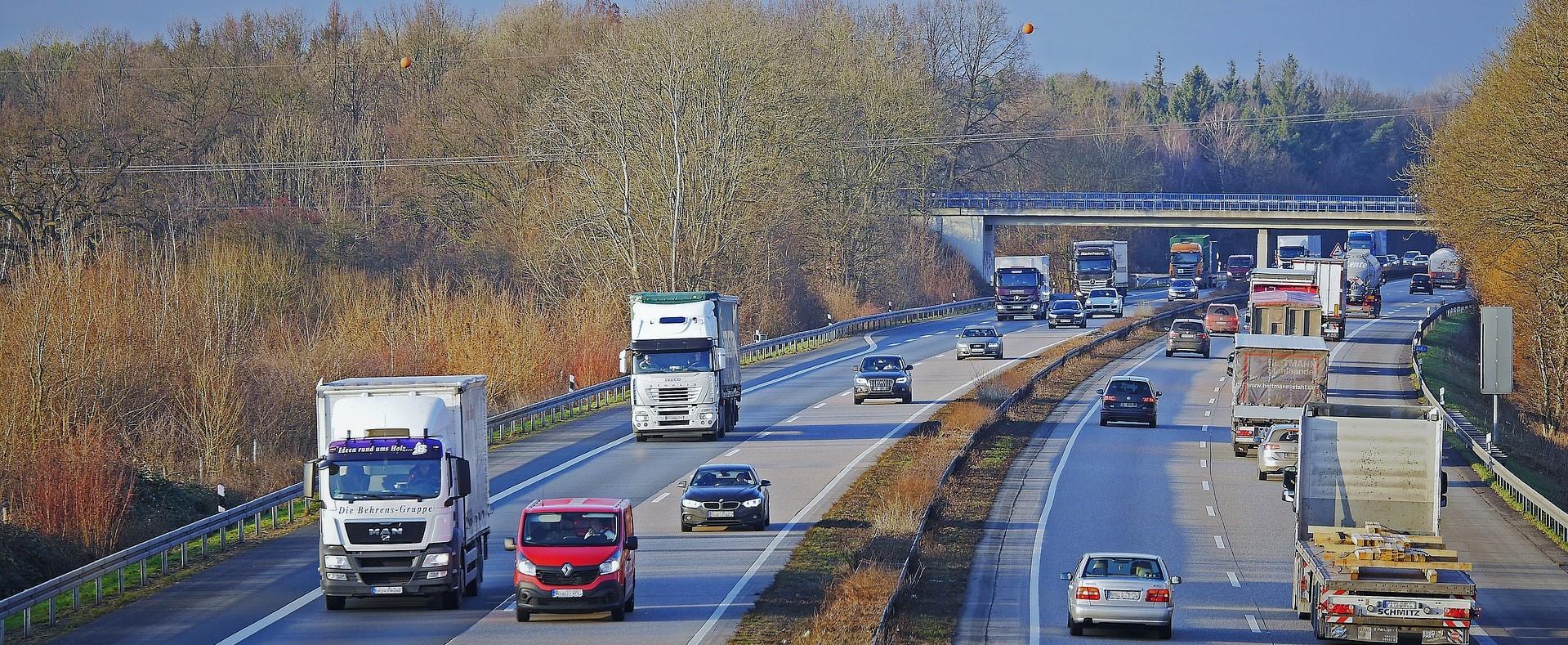Contribution by AlbrechtConsult to the implementation of the AFIR Regulation
The Alternative Fuels Infrastructure Regulation (AFIR) is a landmark EU Regulation 2023/1804, which aims to ensure the development of a Europe-wide, comprehensive charging and refuelling infrastructure for alternative fuels – in particular for electric mobility and hydrogen. AFIR requires member states to comply with binding targets and standards for charging capacity, network density and interoperability. This makes it a key component in achieving European climate targets and transforming the transport sector.
On behalf of the Federal Highway Research Institute (BASt), AlbrechtConsult has developed the DATEX II AFIR profile for electric charging. The profile for hydrogen refuelling infrastructure will follow shortly. The European DATEX II standards CEN/TS 16157 Parts 10 and 12 were used as a basis for this, and proposed amendments were submitted at European level.
The profiles specify how charging and refuelling infrastructure data is to be collected and provided in a standardised manner to enable interoperability across Europe.
Our tasks included:
· Supporting the coordination process with relevant stakeholders,
· Creating the schemas and documentation for the profile (including PDF documentation and XML examples),
· Provision on GitHub together with BASt.
The project was conducted in close cooperation with the Federal Ministry of Transport (BMV) and the National Centre for Charging Infrastructure (NLL).
With our expertise in mobility, infrastructure consulting and regulatory processes, we are making an important contribution to the successful future of mobility. By developing the profile, we are helping to ensure that charging infrastructure data is comparable, transparent and interoperable across Europe.
Photo: KindelMedia via Pexels



